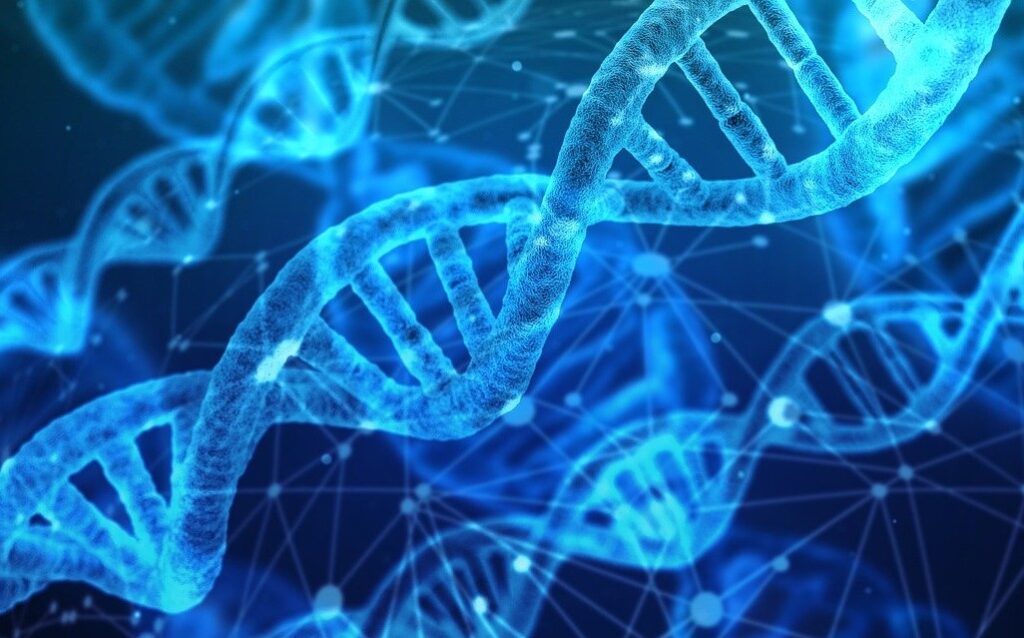Genetic testing is playing an increasingly important role in the prevention of diseases. It helps identify people who are at an increased risk of developing certain illnesses and thus allows for preventive measures to be taken.
For instance, it’s not uncommon for genetic tests to reveal that a person has a variant in one of their genes that makes them more likely to develop certain conditions such as hypertension or diabetes later in life. These tests can also help detect if someone has a higher risk of developing certain health problems in the future.
In this article, we will look at what DNA genetic testing is, how it is done, and how important it is for disease prevention.

What is DNA Genetic Testing?
DNA Genetic Testing, also known as genetic screening, is a type of medical testing that is performed to analyze a person’s genes and determine their risk of developing certain diseases or conditions in the future. DNA testing is also an increasingly popular way of learning more about your family history and ancestry. It can help you learn about your family’s health, traits, and origins, and it can also be used to detect potential health problems in your family and to match up with potential relatives.
Genetic testing is usually used to identify people who are more likely to develop a particular disease or condition, such as diabetes, heart disease, or hypertension. This can allow people to get preventative care, such as being screened for these conditions or receiving vaccines that could prevent them from getting certain illnesses.
People who have certain genetic mutations are at a much higher risk of developing certain conditions because their genes are different from the rest of the population. For example, if you have one of the genes that is associated with an increased risk of heart disease, your doctor may recommend getting a heart-health screening or receiving a heart medication to prevent you from developing this condition.
A genetic test may be performed at any time during a person’s life, and it’s a very interesting way to learn more about yourself, your health, psychological and personality traits, or where your ancestors come from.
How is DNA Genetic Testing Done?
DNA is the genetic code of an individual that is found in every cell. DNA testing can be used to look at specific parts of the DNA, such as genes and chromosomes. A gene contains the instructions for making a protein in the body, and a chromosome contains all of the genes in the body, along with information on how these genes are used.
DNA tests are most often done from saliva, which can be collected using a spit cup or cheek swab. Saliva is generally considered a safe sample to use for DNA testing due to the low number of cells in the saliva that can be exposed.
If you want to know more about your biological ancestors or genetic predisposition to different diseases, then it would be helpful to purchase a DNA saliva testing kit online. The whole process is relatively simple. Once you order and receive the test kit that includes items for collecting DNA, all you have to do is collect samples from the inside surface of the cheek using the cheek swab, put the sample in a small container, and send it back to the lab. Within a few weeks (usually 3 to 6 weeks) you will receive a report with the results.
For example, GALAXYDNA offers a very comprehensive report about your ancestry, health, personality, or nutrition, unlike other DNA testing kits that often just tell you about your ethnicity. The results will tell you a lot about yourself and your genetic risks for certain diseases (with what you find out about your health, you will be able to take further steps, such as changing your diet or lifestyle.)
Bottom line
People are learning more and more about our DNA every day. What we inherit from our parents, what environments we grow up in, and even the natural chemical processes in our bodies all play a role in who we are as people. That’s why genetic testing is becoming so popular these days. Do you have any experience with DNA genetic testing? If so, were you surprised by the results?





